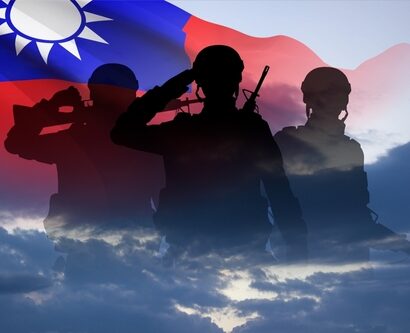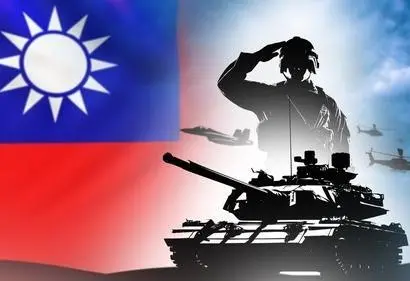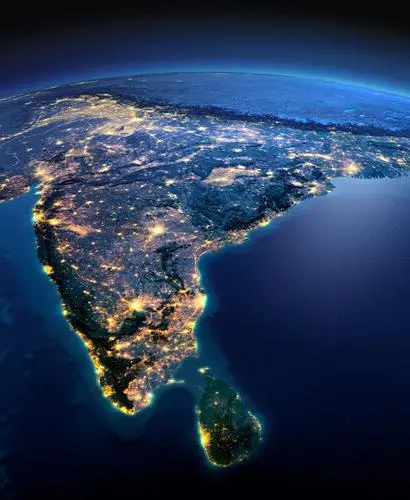The Past, Present
Shiv Shankar Menon, (Place of publication: Brookings Institution Press, 2021). 416 pp.

Amidst the geopolitical turmoil in Asia and beyond, India must carefully reconsider its past and present to brace itself for new future challenges. Case in point, the former foreign secretary and National Security Advisor, Shiv Shankar Menon, published a dispassionate work on the topic.
The book presents an astounding account of the journey of India and Asia in the larger geopolitical landscape over the last 75 years. It is divided into two parts. The first eight chapters cover India’s past, while the other half of the book sheds light on the current geopolitical landscape in Asia and beyond, specifically China. Menon analyses India’s engagement post-independence while covering phases of geopolitical scenarios that influenced the nation’s strategic consideration. Menon also discusses decolonisation waves in Asia and Africa, emerging new states, and India’s role in peace-building. The world witnessed the consequences of the World War and the Cold War rivalry between the U.S. and the former USSR following the decolonisation wave. In this phase, Nehru espoused the principle of non-alignment. Menon critically evaluates Nehru’s worldview and prioritisation of legitimacy over power, leading him to ignore threats such as China’s rise.
After Nehru’s death in 1964, the domestic and global situation changed for India. It fought a war with Pakistan in 1965 under the brief tenure of Prime Minister Lal Bahadur Shastri, who was succeeded by Indira Gandhi. Her tenure was decisive, marked by India’s use of force to deal with external challenges and pressure from the U.S. and China.
Menon proceeds to discuss India’s economic and foreign policy transformation in the early ‘90s, arguing that “If the 1970s and the 1980s diminished India’s role on the world stage, their reforms of the Indian economy and of the foreign policy after 1991 brought India back into the world”. The rising economic and foreign policy trajectory was further pursued. This resulted in enhanced cooperation on the subcontinent.
If the 1970s and the 1980s diminished India’s role on the world stage, their reforms of the Indian economy and of the foreign policy after 1991 brought India back into the world.
The other part of the book revolves around the current geopolitical dynamics with a strong emphasis on the impact of globalisation beyond the economy, the rise of China, and the aftermath of the 2008 economic crisis. Of note here is Menon’s reference to the rise of China as the greatest change brought by globalisation. On India-China dynamics, Menon offers a complex understanding of the relationship between the two countries, which are simultaneously in conflict, competition, and cooperation.
In the final chapter, Menon prescribes solutions to three critical challenges India faces in this global transition: knowing where India stands in today’s world; transformative policy-making; and a workable grand strategy for the nation. Menon’s vast and in-depth understanding of geopolitics and diplomacy makes this publication an exceptional account of India’s transformative journey and its standing in today’s international system.
Ankit K is a New Delhi-based analyst who specializes in the intersection of Warfare and Strategy. He formerly worked with a Ministry of Home Affairs institute and served at a military Think Tank and at the Ministry of External Affairs, New Delhi. He is currently a Comprehensive Test Ban Treaty Organization (CTBTO) fellow for 2023-24, studying at the South Asian University.






